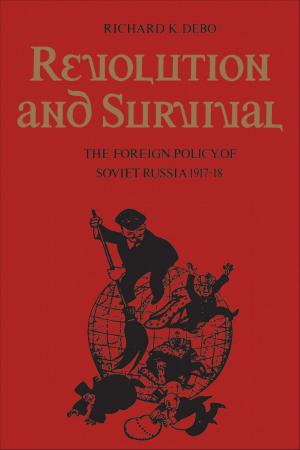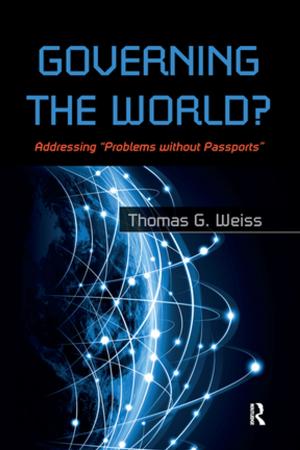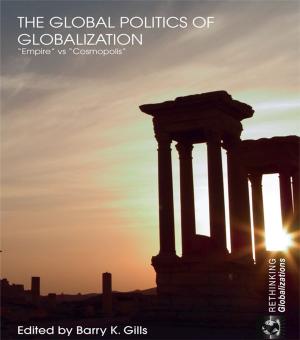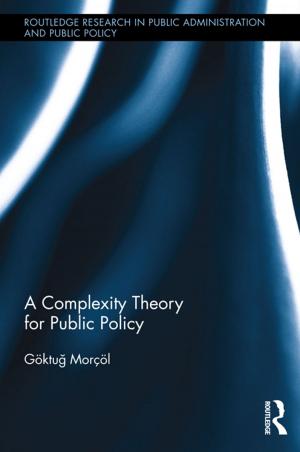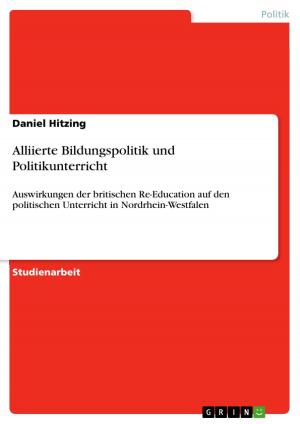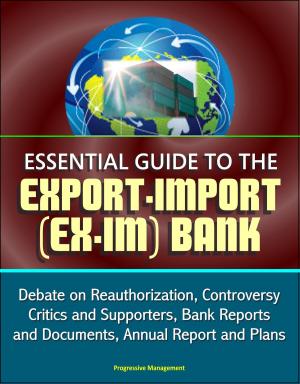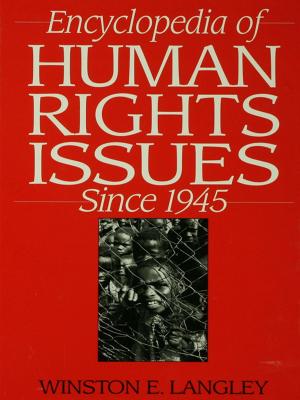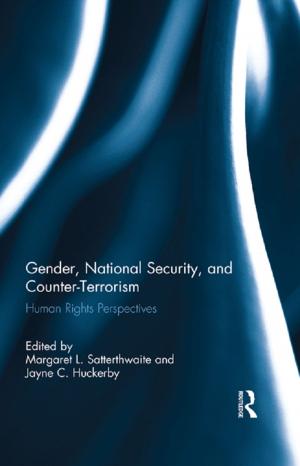My National Identity is My Pains
The Genesis Of Our Problems.
Nonfiction, Religion & Spirituality, Philosophy, History, Criticism, & Surveys, Africa, Political| Author: | Onwe Paul Chikaodili | ISBN: | 1230002141428 |
| Publisher: | Onwe Paul C | Publication: | February 5, 2018 |
| Imprint: | Language: | English |
| Author: | Onwe Paul Chikaodili |
| ISBN: | 1230002141428 |
| Publisher: | Onwe Paul C |
| Publication: | February 5, 2018 |
| Imprint: | |
| Language: | English |
The renewed quest for an independent state of Biafra dates back to late 1960s. Biafra was first declared an independent state by Colonel Odumegwu Ojukwu on 30th of May 1967, following the resolutions of the joint session of the Advisory Committee of Chiefs, Elders and the Consultative Assembly of the Representative of the People of Eastern Nigeria. This had followed a breakdown of negotiation to restore normalcy after a July 1966 counte-coup, spearheaded by Nigerian army officers of northern extraction, triggered massive killing of easterners in the north. The subsequent influx of easterners back to their region of origin for safety, created a refugee problem for the eastern regional government. These, coupled with discovery of oil in the region, made the push for secession very attractive.
The politics of Nigeria'!:. decolonization had aroused ethnic consciousness that manifested in various forms leading to independence in 1960. The major political parties were formed along ethnic lines and ethnic sentiment was the major political tool deployed to capture political power, in the process generating varying inter-ethnic conflicts. The spillover of this inter-ethnic political strife was what culminated in the declaration of the republic of Biafra in 1967. Read to know more!
The renewed quest for an independent state of Biafra dates back to late 1960s. Biafra was first declared an independent state by Colonel Odumegwu Ojukwu on 30th of May 1967, following the resolutions of the joint session of the Advisory Committee of Chiefs, Elders and the Consultative Assembly of the Representative of the People of Eastern Nigeria. This had followed a breakdown of negotiation to restore normalcy after a July 1966 counte-coup, spearheaded by Nigerian army officers of northern extraction, triggered massive killing of easterners in the north. The subsequent influx of easterners back to their region of origin for safety, created a refugee problem for the eastern regional government. These, coupled with discovery of oil in the region, made the push for secession very attractive.
The politics of Nigeria'!:. decolonization had aroused ethnic consciousness that manifested in various forms leading to independence in 1960. The major political parties were formed along ethnic lines and ethnic sentiment was the major political tool deployed to capture political power, in the process generating varying inter-ethnic conflicts. The spillover of this inter-ethnic political strife was what culminated in the declaration of the republic of Biafra in 1967. Read to know more!

